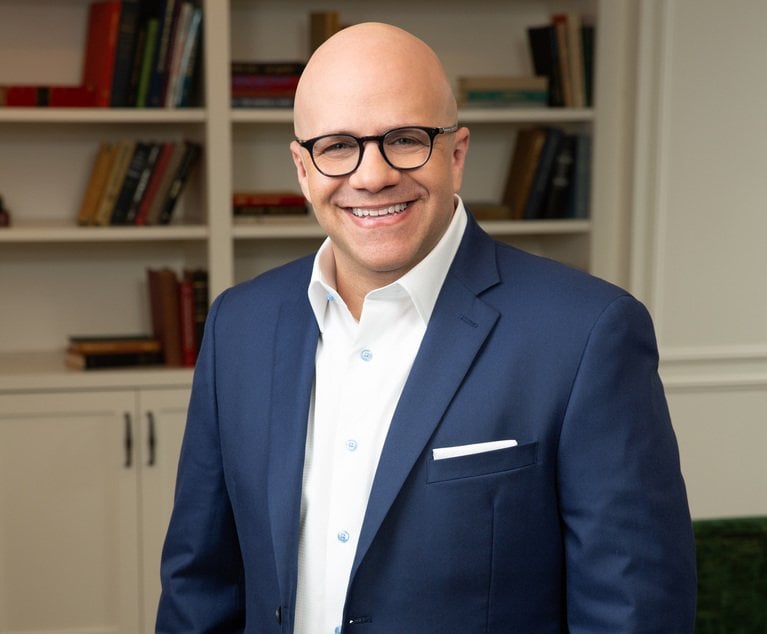I love those nerdy Pew Research Center surveys because they provide such fascinating snapshots of how conflicted and confused Americans are on a host of issues.
The latest one is on American attitudes about racial and ethic diversity, and the section on workplace diversity should strike a chord with those in the legal profession.

 Photo: Shutterstock
Photo: Shutterstock








